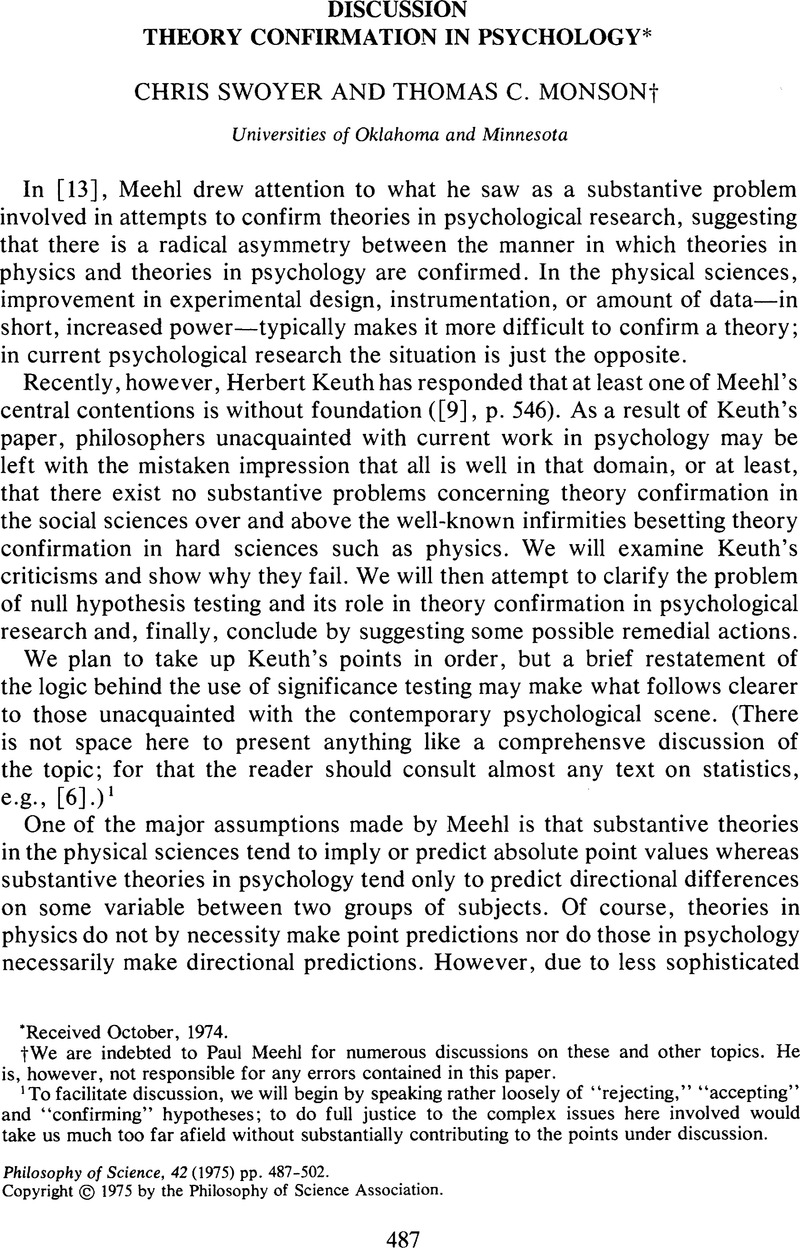Crossref Citations
This article has been cited by the following publications. This list is generated based on data provided by Crossref.
Blunt, Peter
1980.
Aspects of psychology and epistemology.
Australian Psychologist,
Vol. 15,
Issue. 1,
p.
41.
Blunt, Peter
Richards, David
and
Wilson, James
1989.
The ‘hidden‐hand’ of public administration in newly‐emerging states: A theoretical and empirical analysis.
Journal of International Development,
Vol. 1,
Issue. 4,
p.
409.



